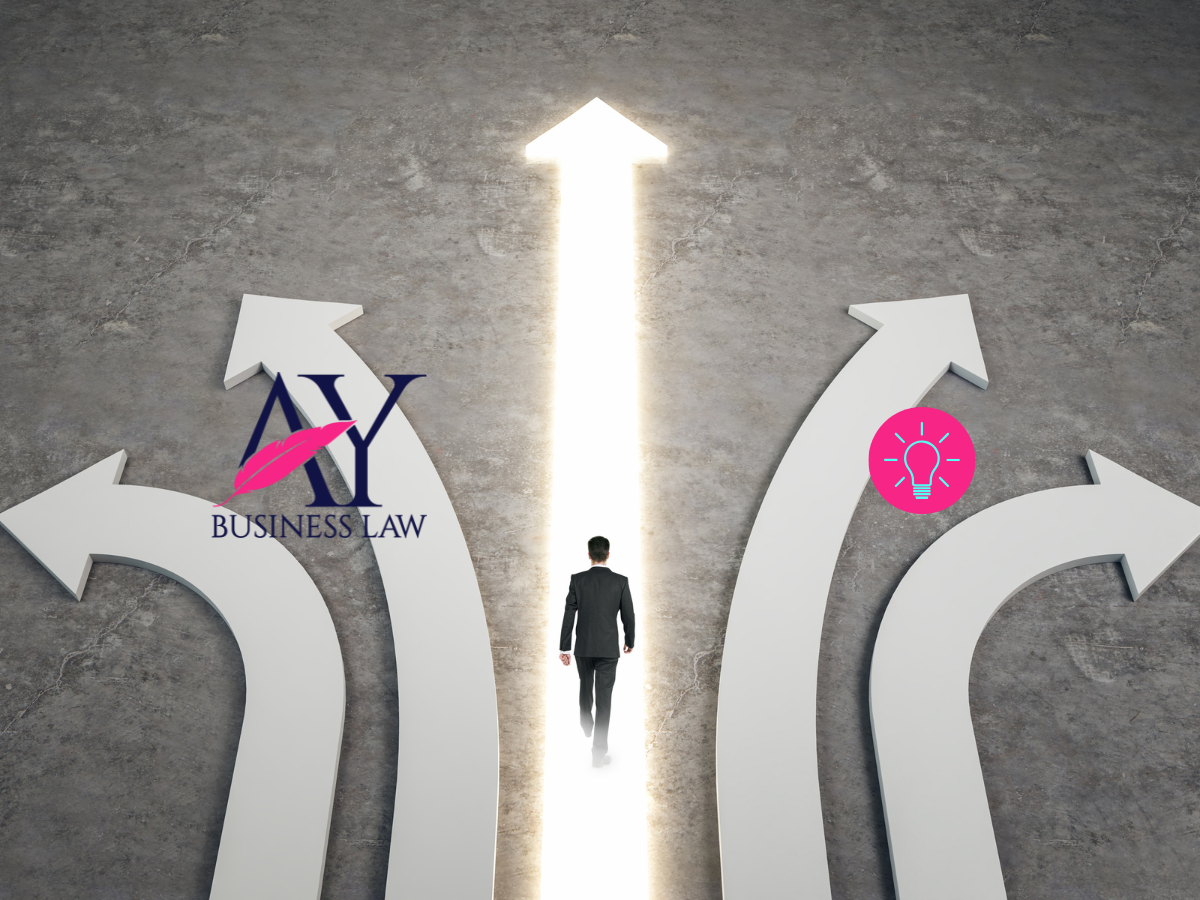
May 2025
The Legal Difference Between a Share Sale and an Asset Sale
A sale transaction typically takes one of two legal forms: a share sale or an asset sale. While both routes can lead to a change in control of the business, they differ significantly in structure, legal implications, and associated risks. Understanding these differences is critical for both buyers and sellers to make informed decisions and structure deals that align with their goals.
What Is a Share Sale?
In a share sale, the buyer purchases the shares (equity) of the company directly from the shareholders. This means the buyer acquires ownership of the entire legal entity, including all its assets, liabilities, contracts, and obligations—known and unknown.
What it Involves:
- The legal entity remains unchanged.
- Shareholders transfer ownership of their shares to the buyer.
- All assets and liabilities of the company stay with the company.
- Contracts, employees, licenses, and permits typically remain in place without needing reassignment.
What Is an Asset Sale?
In an asset sale, the buyer purchases individual assets and liabilities of the business directly from the company, not from its shareholders. The legal entity remains with the seller, but the business operations (or parts thereof) are transferred to the buyer.
What It Involves:
- The buyer selects specific assets (e.g., equipment, inventory, contracts, IP) and liabilities (if any) to acquire.
- Ownership of the company remains unchanged unless dissolved later.
- Contracts, leases, and employment agreements usually need to be assigned or renegotiated.
- Regulatory approvals and third-party consents may be required for certain assets.
Key Legal Differences
| Feature | Share Sale | Asset Sale |
| Ownership transferred | Shares in the company | Specific business assets |
| Entity acquired | Entire legal entity | No transfer of entity—just assets/liabilities |
| Continuity of business | Business continues under same entity | New owner may operate under a different or new entity |
| Contracts & licenses | Usually remain intact | May require assignment or renegotiation |
| Employees | Automatically remain with company | May need to be rehired or transferred |
| Tax treatment | Potential for capital gains tax for sellers | May involve sales tax, GST, or asset-specific taxes |
Benefits and Risks: Seller vs. Buyer
For the Seller
Share Sale – Benefits:
- Cleaner exit: All liabilities go with the company.
- Simpler structure, often less administrative effort.
- Typically more tax-efficient in many jurisdictions (capital gains vs. income tax).
Share Sale – Risks:
- Buyer may require warranties and indemnities for unknown liabilities.
- May need to disclose more sensitive financial or legal information.
Asset Sale – Benefits:
- Can retain parts of the business not being sold.
- Allows more control over what is transferred.
Asset Sale – Risks:
- More complex and time-consuming due to required assignments and consents.
- Potential tax liabilities on individual assets.
For the Buyer
Share Sale – Benefits:
- Full business continuity (licenses, contracts, employees remain intact).
- Less disruption to ongoing operations.
Share Sale – Risks:
- Assumes all liabilities of the company (including hidden or contingent ones).
- More extensive due diligence is required to assess risks.
Asset Sale – Benefits:
- Flexibility to pick and choose assets and liabilities.
- Can avoid unknown or unwanted obligations.
Asset Sale – Risks:
- Higher transaction complexity and administrative burden.
- Risks of failing to transfer key contracts or licenses.
Choosing the Right Structure
The choice between a share sale and an asset sale depends on various factors including:
- Tax considerations
- Legal liabilities
- Nature of the business
- Desire for continuity
- Complexity of the company’s structure
- Negotiating power between the parties
Often, buyers prefer asset sales for greater control over what they assume, while sellers prefer share sales for a cleaner exit.
Conclusion
Understanding the legal distinction between a share sale and an asset sale is vital when planning your exit. Each method carries unique implications for ownership, liability, tax, and operational continuity. As a seller you will be seeking to achieve maximum value and limit risk. We can help you decide what is right for you, what buyers will be looking for and support you towards your desired outcome.

Book your free discovery call today
Copyright AY Business Law Limited. VAT Number GB 150172155.
AY Business Law Limited is the owner-operator of this website. Its company number is 7956575 and its registered office is at 6 Mill Lane, Shepherdswell, Near Dover, Kent CT15 7LJ.